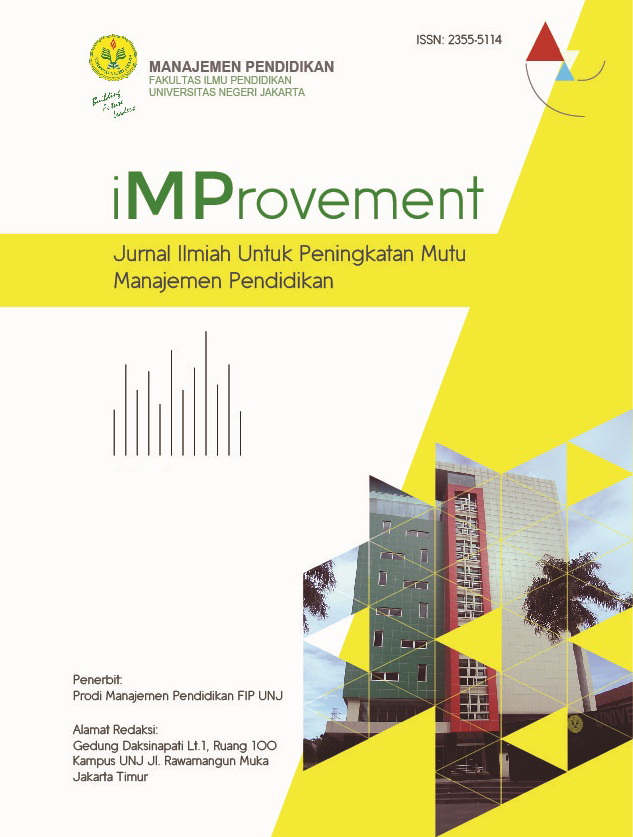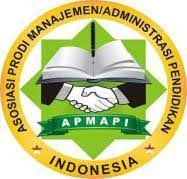The Effect of Talking Stick Learning Model in Improving Student Speaking Skills
DOI:
https://doi.org/10.21009/improvement.v9i1.27481Keywords:
Talking Stick Learning Model, Student Speaking SkillsAbstract
Abstract : The purpose of this study is to identify the impact of the Talking Stick Training form in training the speaking skills of teaching children. This investigation was tried at MIN 04 Labuhanbatu Utara Regency, the subjects of this observation are 4th grade elementary school students, plus 2 classes, special class A and class B, each class contains 18 students, class A runs as Analytical without stopping class B being the Control class. This review is shown with a quantitative research form of trial type. Accumulating data in this statement using Perception and Test sheets. The side effects of this study must be seen from the example t- Test table which reports that the need figure is 0, 000 on the basis of 0, 05. Ho is rejected as well as Ha is recognized, as well as that actually means there is a great effect of the Talking Stick learning form in training students' speaking skills. Therefore, it is recommended for teachers and prospective teachers to use learning forms that are suitable for the learning objectives, one of which is the Talking Stick learning model which can affect students' speaking skills.
Downloads
Published
How to Cite
Issue
Section
License
Copyright (c) 2022 Nidaul Fitri Hamdani, Riris Nurkholidah Rambe

This work is licensed under a Creative Commons Attribution-NonCommercial-ShareAlike 4.0 International License.
Authors who publish with this Journal agree to the following terms:
- Author retain copyright and grant the journal right of first publication with the work simultaneously licensed under a creative commons attribution licensethat allow others to share the work within an acknowledgement of the work’s authorship and initial publication of this journal.
- Authors are able to enter into separate, additional contractual arrangementfor the non-exclusive distribution of the journal’s published version of the work (e.g. acknowledgement of its initial publication in this journal).
- Authors are permitted and encouraged to post their work online(e.g. in institutional repositories or on their websites) prior to and during the submission process, as it can lead to productive exchanges, as well as earlier and greater citation of published works.
-
Users/public use of this website will be licensed to CC BY-NC-SA (Attribution & Non-Commercial-ShareAlike)



